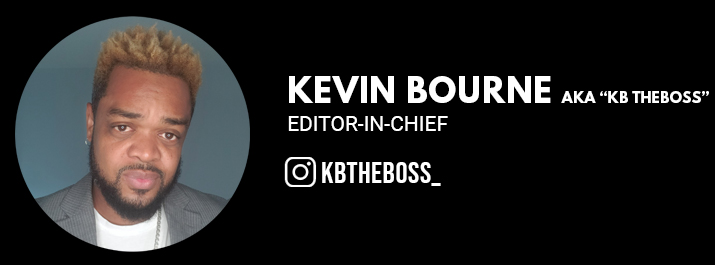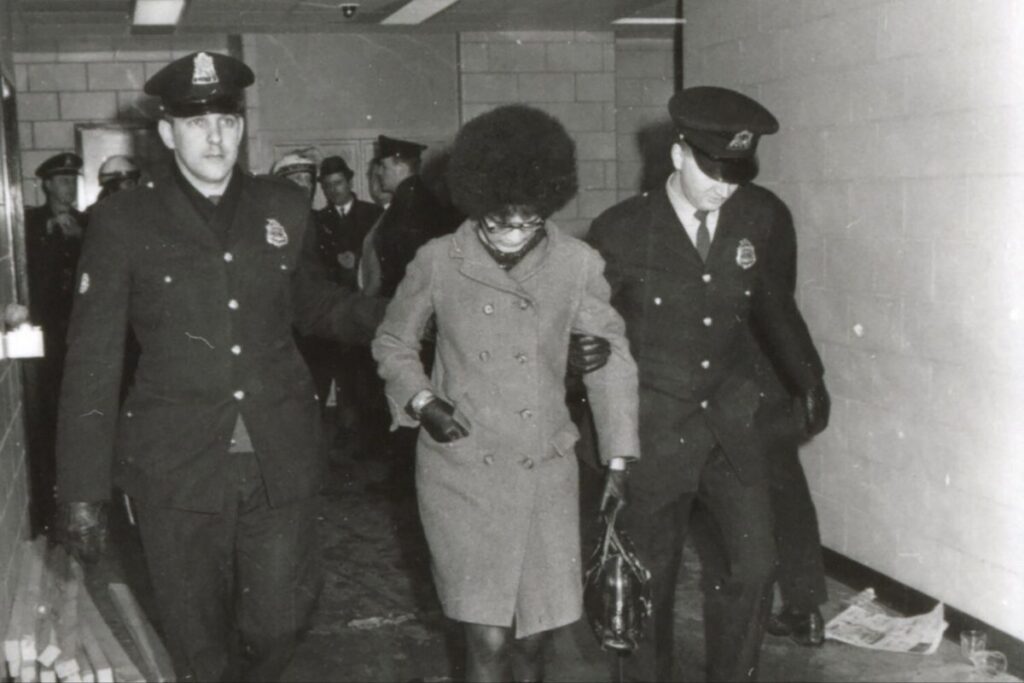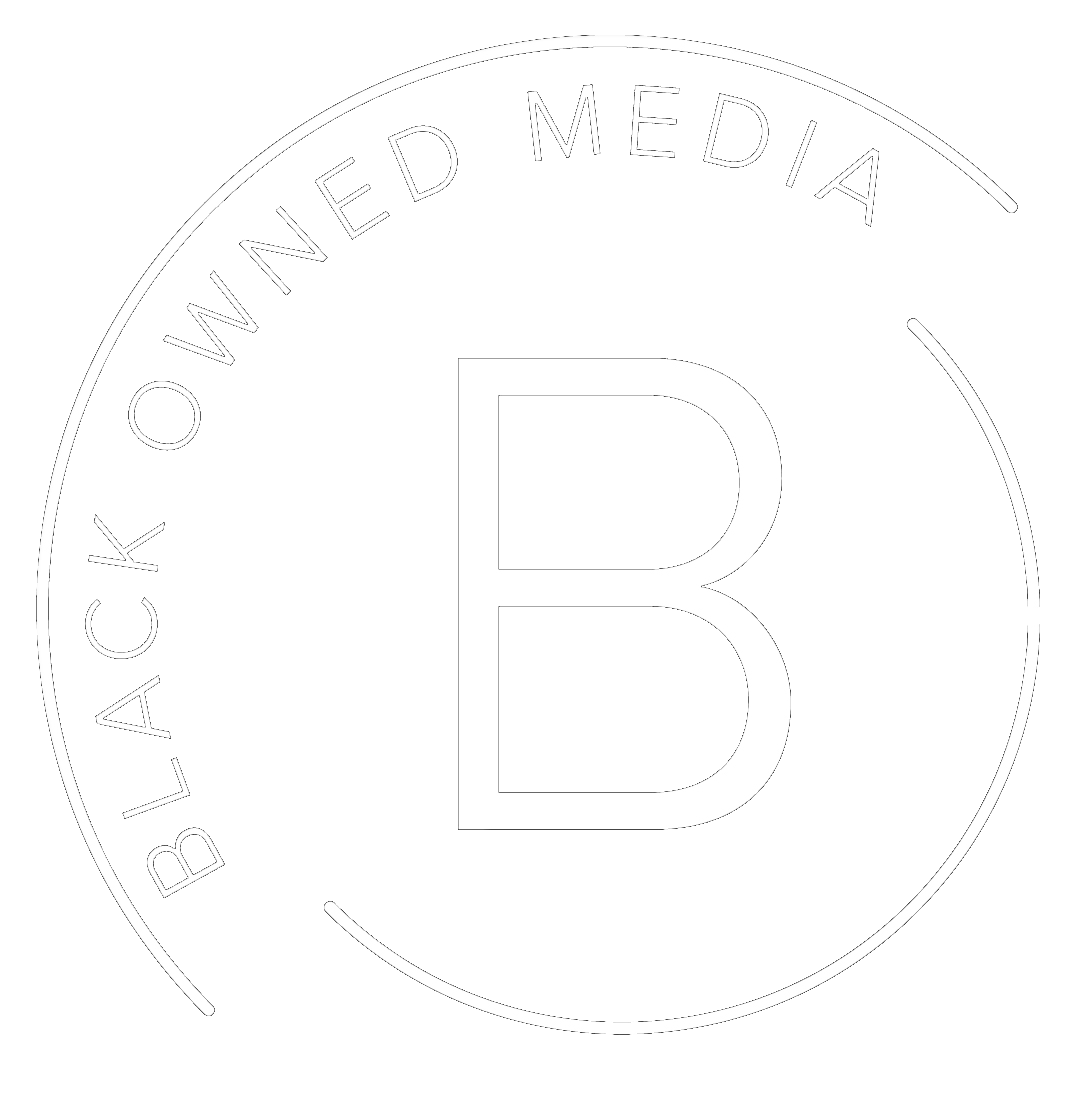In his True North film review, Kevin Bourne calls the documentary “a must-see for all Canadians and Black people everywhere.”
When we think about Black activism and civil rights, we often think about the United States, and figures like Martin Luther King Jr. and Rose Parks, but a new documentary, which screened at the Toronto International Film Festival, is changing that.
Directed by Michèle Stephenson, True North chronicles the events leading up to and during the Sir George Williams Affair, the biggest student protest in Canadian history, which took place at Sir George Williams University, now known as Concordia University, in Montreal. The protest was in response to allegations of racism against one of the school’s biology professors. Over 200 students participated in a two-week long sit-in, which, after police stormed the building, resulted in over $2 million in damages, including expensive computers, a fire, 97 arrests, and allegations of police brutality. Known for being peaceful and polite, the whole thing feels very “Un-Canadian”, like something out of a movie. When we look at the United States, we know about monumental, history defining moments in Black activism. It turns out Canada had at least one of its own.
The film begins with a broad look at the Black experience in Canada at the time, including the diversity of Toronto and the destruction of Africville in Nova Scotia, as well as a brief look at the landscape of Montreal, in order to provide context for the protest. It combines intimate interviews with some of the protesters, including Norman Cook, Brenda Dash, Rodney John, and writer Philippe Fils-Aimé, with black and white archival footage to transport viewers back in time to a version of Canada which is very different from, yet familiar to, Canada in 2025 (especially with themes of racism and anti-immigration on the rise once again.)
The documentary sheds a much needed light on a pivotal moment in Black activism in Canada that most Canadians don’t know about but should. It also explores the specific contributions of West Indians from Haiti, Dominica, Trinidad, and The Bahamas, including Coralee Huthison and future Dominica Prime Minister, Rosie Douglas, with the protest leading to offshoot protests in the Caribbean. While “imperialism” is often a word that we associate with the United States or Europe, True North delves into Canadian imperialism in the Caribbean through its banks, and schools run by nuns from Quebec in Haiti. Think residential schools.
While shedding light on this story, the film is a scathing indictment on Canada, which is often painted as more tolerant than its neighbor to the south, for relegating activism and civil rights to a footnote in its history, unlike the United States (although Viola Desmond‘s fight has gained more attention over the past decade). This misstep has done a disservice to Canada, whose contributions to the Black Liberation Movement are little known, both here in Canada and abroad. I mean, some Americans would swear that Black Canadians know very little about “the struggle”.
While the film takes viewers through a range of emotions, from anger and sadness. with topics like systemic racism, colonialism, and police brutality, it also brings up emotions of pride that Black people and allied white Canadians, often known for being prim and proper, risked their education and lives to stand up for something they believed in.
Simply put, True North is a must-see for all Canadians and Black people everywhere.
Kevin Bourne is SHIFTER’s Toronto-based editor and Senior Entertainment Reporter focusing on Black music and film & TV. He was named one of 340 international voters for the Golden Globe Awards and a Tomatometer-Approved Critic by Rotten Tomatoes.

Related content:




